Iceland's most active volcano, Grímsvötn, erupted on Saturday for the first time since 2004, hurling a plume of steam and ash nearly 20 kilometers (12 miles) into the sky. People living next to the glacier where the Grímsvötn volcano burst into life were most severely affected, with ash blocking out the daylight and smothering buildings and vehicles. Iceland also closed its main international airport and canceled domestic flights on Sunday, and aviation officials will be closely monitoring European airspace for the next few days. The outburst is the volcano's most powerful since 1873 -- stronger than the Eyjafjallajokull volcano which caused trouble last year -- but it may not cause the same degree of upheaval. Scientists say the type of ash being spewed out is less easily dispersed and winds have so far been more favorable than during last year's blast. Gathered here are a handful of images taken in the land of fire and ice over the weekend.

Image source: (STR/AFP/Getty Images)
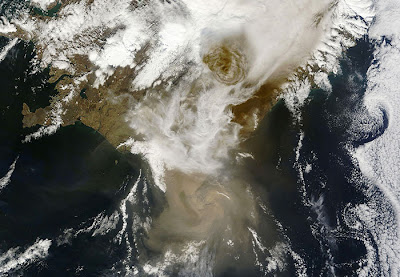
Image source: (NASA/GSFC, MODIS Rapid Response)
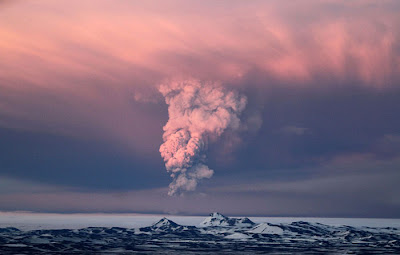
Image source: (AP Photo/Jon Gustafsson)
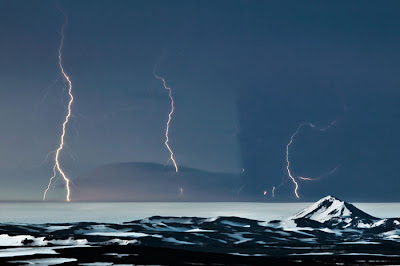
Image source: (© Gunnar Gestur)

Image source: (© Jóhann Ingi Jónsson)
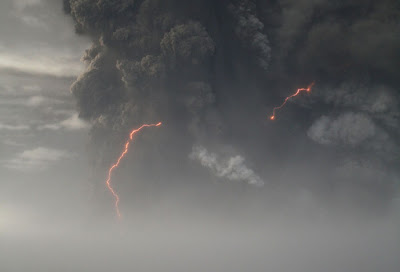
Image source: (© Jóhann Ingi Jónsson)

Image source: (AP Photo/Halldora Kristin Unnarsdottir)

Image source: (Reuters/Jon Gustafsson/Helicopter.is)

Image source: (© Gunnar Gestur)
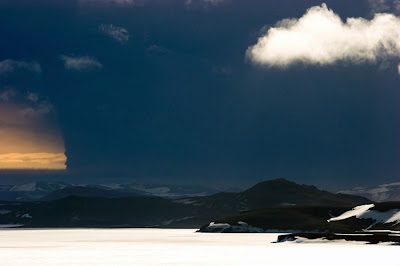
Image source: (© Eggert Norðdahl)
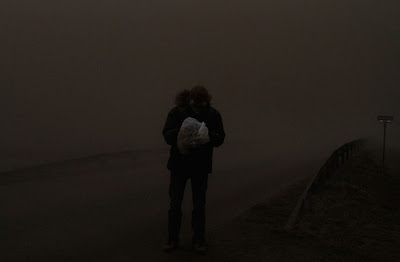
Image source: (Reuters/Ingolfur Juliusson)

Image source: (Reuters/Ingolfur Juliusson)
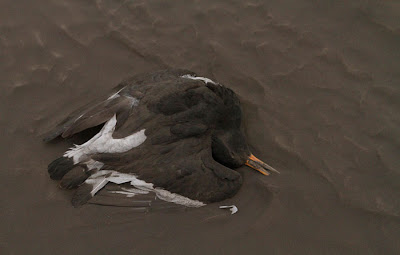
Image source: (Reuters/ Ingolfur Juliusson)
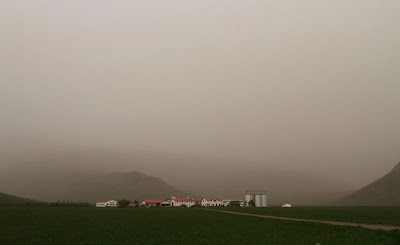
Image source: (Reuters/ Ingolfur Juliusson)

Image source: (Reuters/ Ingolfur Juliusson)























